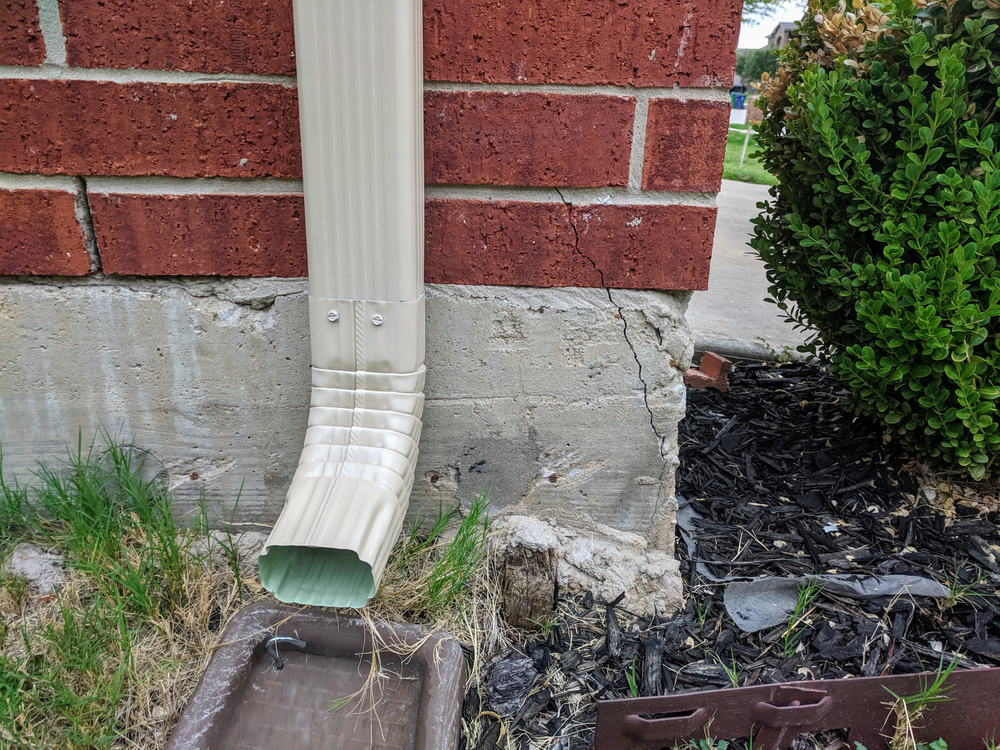
When it comes to buying or selling a home, a thorough inspection is crucial to uncover any potential issues. Among the most critical areas that home inspectors focus on is the foundation. A solid foundation is essential for the structural integrity and long-term stability of a house. If you’re based on Long Island and looking to hire professional home inspectors, you’re in the right place. In this article, we will highlight the top four foundation issues that home inspectors from New Home Inspectors, a reputable Long Island-based company, carefully examine during their inspections.
-
Cracks and Settlement:
Cracks in a home’s foundation are a common concern. Home inspectors pay close attention to the type, location, and size of cracks. Small, hairline cracks are usually harmless, but larger or widening cracks could indicate settlement issues. Settlement occurs when the soil beneath the foundation shifts, causing it to sink or become uneven. Home inspectors on Long Island are well-versed in identifying signs of settlement, such as diagonal cracks or cracks at the corners of windows and doors. Detecting these issues early can help prevent further damage and costly repairs.
-
Water Intrusion and Drainage Problems:
Water intrusion is a significant threat to any foundation. Long Island’s proximity to water bodies and the prevalence of heavy rainfalls make it even more important for home inspectors to thoroughly assess a property’s drainage system. Improper grading, insufficient gutter systems, or poor foundation waterproofing can result in water pooling around the foundation, leading to erosion and weakening of the structure. Home inspectors will look for signs of water intrusion, such as dampness, mold, or efflorescence (white mineral deposits). Addressing these issues promptly can prevent long-term damage to the foundation.
-
Foundation Settling and Movement:
Foundation settling and movement can cause a range of problems, including uneven floors, sticking doors or windows, and cracked walls. Home inspectors carefully examine the interior and exterior of a home to identify signs of foundation movement. These signs may include gaps between walls and ceilings, sloping floors, or doors that don’t close properly. Long Island home inspectors have the expertise to differentiate between normal settling due to the aging of a home and more significant issues that require attention. Understanding the extent of the movement can help homeowners make informed decisions about necessary repairs or adjustments.
-
Insufficient Support and Structural Deficiencies:
The structural integrity of a home depends on proper support systems. Home inspectors will assess the foundation’s support elements, such as beams, columns, and piers, to ensure they are structurally sound. Insufficient support can lead to sagging or bouncing floors, cracks in the walls, or misaligned windows and doors. Long Island home inspectors from New Home Inspectors have extensive knowledge of local building codes and can identify any structural deficiencies that could compromise the safety and stability of a property.
Conclusion:
When it comes to purchasing or selling a home, it’s crucial to have a thorough inspection, particularly of the foundation. Long Island home inspectors from New Home Inspectors possess the expertise to identify and assess foundation issues that could affect the value and safety of a property. By carefully examining cracks and settlement, water intrusion and drainage problems, foundation settling and movement, as well as insufficient support and structural deficiencies, they ensure that potential problems are detected early on. Hiring professional home inspectors in Long Island is an investment that provides peace of mind and helps homeowners make informed decisions about their properties. When you receive your home inspection report, you can feel confident understanding the condition of the home.

